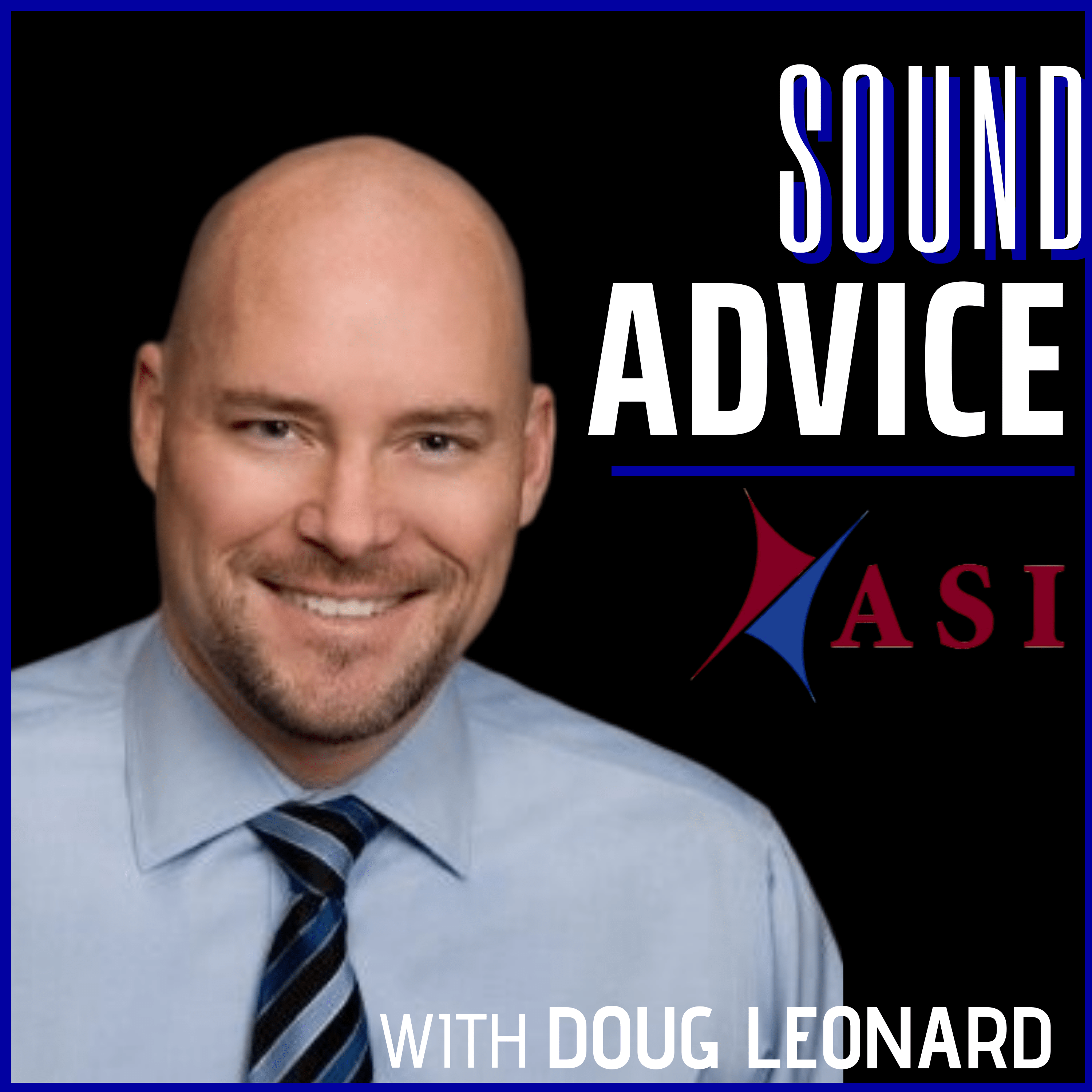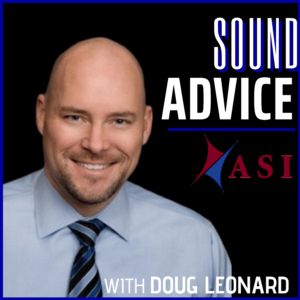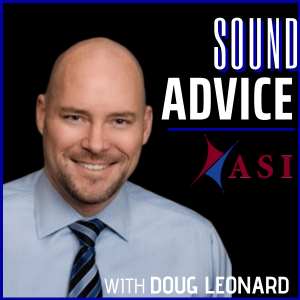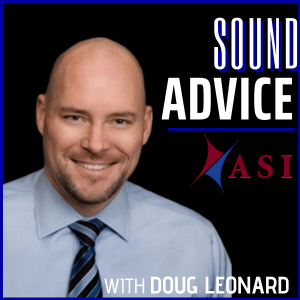Listen as we unpack the often-overlooked correlations between hearing loss and mental health, specifically isolation and depression. Discover the essential steps you can take to break free from the constraints of winter blues and hearing impairment. From the importance of regular hearing evaluations to the joy of re-establishing meaningful connections, this episode offers valuable insights and inspiration for taking control of your auditory health and overall well-being.
Well, late January, I'm sure we're all sick of being inside. We'd love to be outside, maybe on a beach in Mexico somewhere. But, you know, it got to look at the fact that it's cold outside. You're not going to go many places. You're kind of stuck. That's what we want to talk to Doug Leonard about here with ASI, Audiological Services of Iowa. This is a great example of what people with hearing loss go through. The loneliness, depression almost of saying, I can't really do anything.
Yeah, I mean, it's, you know, what they call seasonal affective disorder or whatever. I mean, when we get to this time of year where it's cold out, you know, we can't maybe participate in all the activities that we did. Certainly aren't spending a lot of time outdoors. But, you know, we become a little bit more of a hermit. You know, we stick at home more. Maybe the weather is bad. Maybe it's really cold out. We don't want to go out. We don't want to go out and eat dinner or do our activities like we would normally. It can lead to some frustration, some depression, maybe isolation. And as you referenced, John, I think it's a great example for people with normal hearing to understand what hearing impaired people are going through year round, really.
Yeah, exactly. It doesn't matter what the weather is, they're feeling that isolation. And we always talk about that because there is that correlation between that and eventually maybe dementia.
Yep. I mean, the untreated hearing loss, certainly. You know, I think also we've spent a couple weeks now talking about how hearing loss can affect younger patients. But I also think our older senior citizen patients who are affected by hearing loss are even less likely to go out now because it's icy, it's cold, it's snowy, they don't want to fall. And so they become even more isolated in addition to their hearing loss.
And that eventually becomes a habit, and it's just not a great road to go down. And again, people with a hearing loss may say, well, it's my problem. It doesn't really affect anybody else. That's completely wrong.
Yeah, I mean, hearing loss affects anybody that you're around. You know, when you have a hearing problem, you know, it's everybody else's problem as well. And, you know, it's a little bit of a selfish attitude, I hate to say, but to think about it as, you know, it's only affecting me. Anybody that you communicate with is going to struggle to visit with you and have a good conversation.
All it takes is go out, get some information, go out, get the hearing screening that we always talk about. That's incredibly important just to begin to understand what's going on.
Yeah, you know, if we want to avoid that isolation of hearing loss, I mean, we're still in January, so we've got our New Year's resolutions. It'd be a great time to come in, have a hearing evaluation, find out what's going on for sure. and then do something about it and be proactive. So they could give us a call here in Carroll, 792-5933.
Be one of those people that looks forward to talking with people and having people get together rather than dreading it because you're not understanding things or you struggle in that area. Call ASI, Audiological Services of Iowa, and they can certainly help you out with that. Now, Doug, you're here several times a week, right? Yep, I see patients here Mondays and Wednesdays. Mondays and Wednesdays, so give them a call. ASI, Audiological Services of Iowa in 2025.




